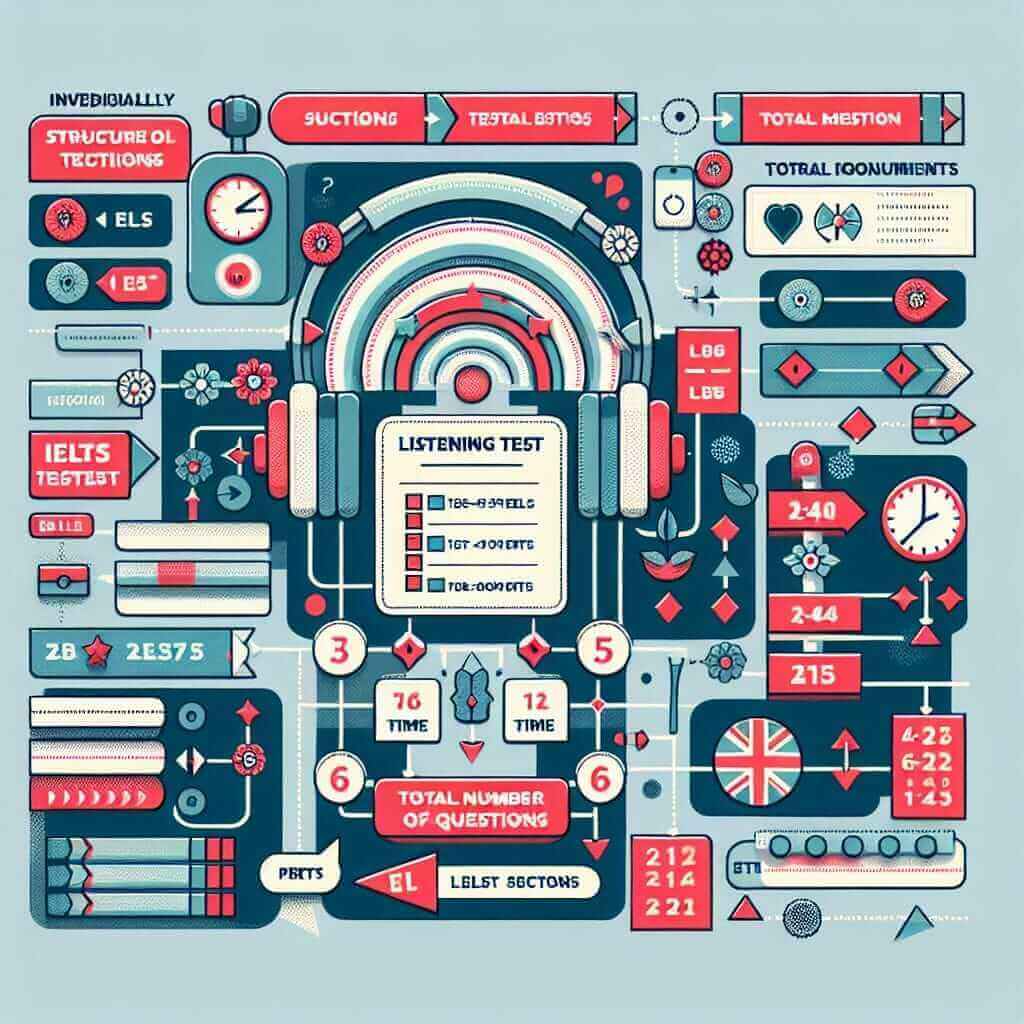The International English Language Testing System (IELTS) is a highly regarded English proficiency test accepted globally. For individuals aspiring to work, study, or live in the UK, meeting the IELTS listening band requirement is crucial. In this article, we will explore the specific band requirements, provide real-life examples, and offer practical tips to excel in the IELTS listening section.
Understanding the IELTS Listening Band Requirement
The IELTS listening band requirement for the UK varies depending on the purpose of your stay – be it study, work or immigration. Typically, the required band score ranges from 4.0 to 8.0.
| Purpose | Minimum Band Score Required |
|---|---|
| Student Visas (Tier 4) | 4.0 – 7.0 depending on the institution and course |
| Work Visas (Tier 2) | 4.0 – 6.5 |
| Family Visas | 4.0 – 7.0 |
| UK Citizenship | 4.0 |
Examples of Band Requirements for Different Purposes
-
Student Visa (Tier 4): A student applying for a bachelor’s degree in the UK might need a minimum listening band score of 5.5. However, prestigious institutions might require a higher score.
-
Work Visa (Tier 2): A healthcare professional applying for a work visa may need a minimum band score of 7.0, as stipulated by the governing medical council.
-
Family Visa: To join a partner in the UK, an applicant commonly needs at least a 4.0 in the listening section.
-
UK Citizenship: For citizenship purposes, the minimum listening band score required is usually around 4.0.
Examples to Illustrate the Requirements
Example 1: Undergraduate Studies
Scenario: An international student applying for an undergraduate course in Business at a UK university may require:
- Listening: 6.0
- Reading: 6.0
- Writing: 6.0
- Speaking: 6.0
Total Band: 6.0
Example 2: Healthcare Professional
Scenario: A nurse aiming to work in the UK under the Tier 2 visa category may need:
- Listening: 7.0
- Reading: 7.0
- Writing: 7.0
- Speaking: 7.0
Total Band: 7.0

Applying the Knowledge to IELTS Exam
Applying to Listening Section of IELTS
The IELTS listening test has four recorded monologues and conversations. Here are key strategies for different types of questions:
- Multiple Choice Questions: Focus on the keywords in the question and options to identify synonyms and paraphrasing.
- Matching: Pay attention to details in the conversation that directly address the question.
- Maps/Plans/Diagrams: Familiarize yourself with common place-related vocabulary and practice identifying directional language.
- Form/Note/Table Completion: Attempt to predict answers before listening based on the provided context.
Practice with Real Exam Questions
Regular practice using real IELTS listening tests can significantly boost your performance. Here is an example question:
Question: You will hear a conversation between a university student and a librarian about finding research materials. Write no more than three words and/or a number for each answer.
- The student is looking for information on ___.
- The librarian suggests using the ___ section.
- The book mentioned is authored by ___.
Answer Key:
- art history
- reference
- Dr. Smith
Common Mistakes and How to Avoid Them
Common Mistakes:
- Not following instructions: Always make sure you adhere to the word limit and format specified in the questions.
- Missing out on keywords: Important information can be easily overlooked if you don’t focus on keywords.
- Overlooking distractors: Conversations often include distractors; ensure you’re listening for the correct answers, not misleading information.
Tips to Avoid Mistakes:
- Practice Active Listening: Sharpen your ability to pick out critical information.
- Mock Tests: Simulate test conditions to improve time management.
- Review and Reflect: Analyze your mistakes in practice tests to avoid them in the real exam.
Effective Practice Strategies
Daily Listening Practice:
- Podcasts and News: Listen to English-language podcasts and news reports, focusing on understanding the main points and details.
- IELTS Modules: Use IELTS-specific practice modules to familiarize yourself with the format and question types.
- Peer Discussions: Engage in group studies to discuss answers and learn from peers.
Conclusion
Understanding the IELTS listening band requirement for the UK and preparing effectively can significantly enhance your chances of achieving your desired score. Focus on regular practice, familiarize yourself with the test format, and address common pitfalls. Remember, consistent effort and targeted practice are the keystones to success.
For additional guidance, feel free to leave comments, share your experiences, or explore other insightful articles on our website. Wishing you the best in your IELTS preparation!